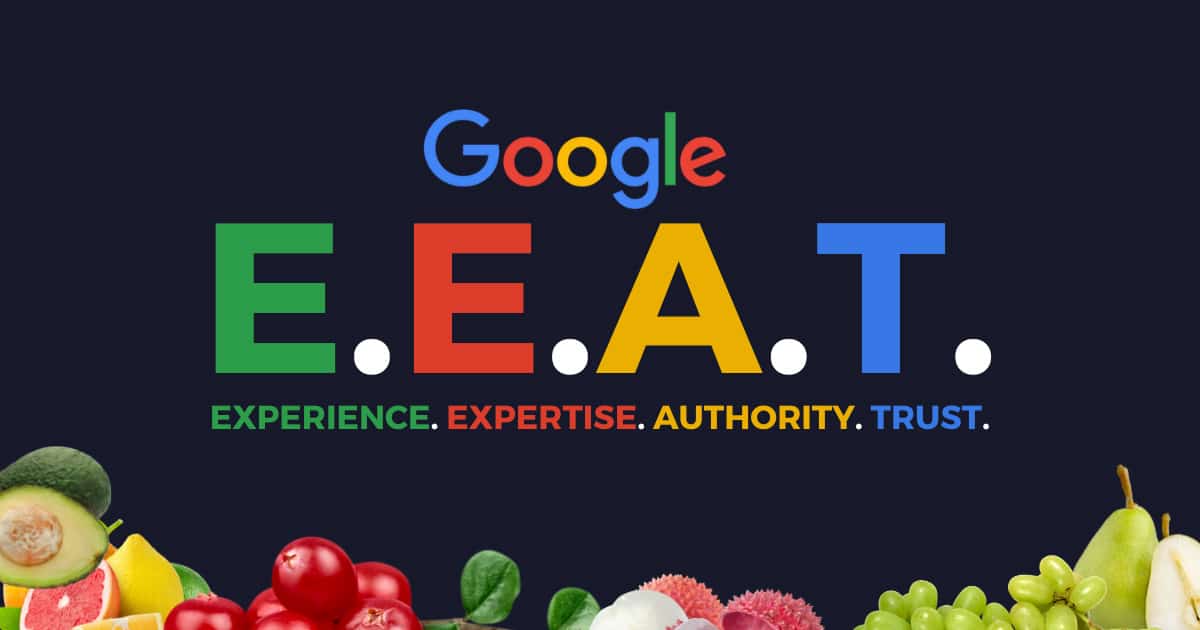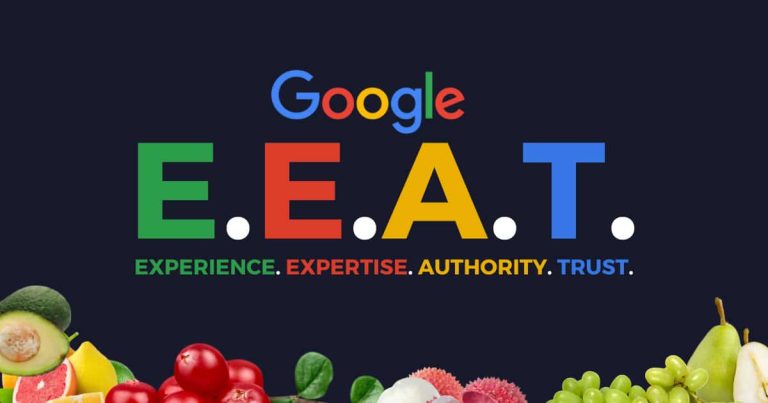The Role of E-E-A-T in Google’s Search Algorithm
Google’s search algorithm is a mind-blowing system for filtering out duplicated information from its index. Google maintains track of its search ranking algorithm in secret and employs a variety of metrics to rank content. SEO businesses give much attention to E-E-A-T to improve the quality of their services and give their clients satisfactory results
Google’s Search Quality Rater Guidelines includes E-E-A-T.
E- Expertise
E- Experience
A-Authoritativeness
T- Trustworthiness
Understanding and optimising for E-E-A-T is highly correlated with SEO success.
Expertise:
This is to verify the expertise of a content writer. A content writer writing on a particular domain should have mastery over the topics. Certified content writer are valued high by Google’s search algorithm.
For ex. If a content writer is writing articles on the topics of medicines, he/she should be a doctor.
Experience:
Google’s search algorithm values authentic contents. A writer can make his piece of writing valued and rank high by sharing fact and own experiences. It can provide uniqueness to the content.
For Ex. If a writer is writing for travel blog, authentic information and experiences matter much for the content.
Authoritativeness:
It refers to the reputation of the content creator or the website. An authoritative source is recognized for its credibility and expertise.
Trustworthiness:
Trustworthiness is the foundation of E-E-A-T and the most critical criterion to examine. When evaluating trustworthiness, quality raters consider the author, content, and website. This is why it is critical for facts to be correct and for the author to be credible and provide reliable sources.
E-E-A-T plays a significant role in determining the rank of your website. A website holding high scores for experience, expertise, authority, originality, and trustworthiness scale high on Google’s Rank Page. This can lead to higher organic traffic and better visibility for your content. Positive E-E-A-T signals generally result in greater user engagement metrics. When people believe your website is a reliable source of information, they are more likely to spend time investigating, interacting with, and sharing it. This, in turn, enhances your SEO performance.
Bad E.E.A-T: Some Examples
Medical advice from untrained sources: Websites that provide medical advice without sufficient qualifications or references can be harmful and have a direct influence on people’s lives, hence they score low on the E-E-A-T scale.
Unsecured e-commerce sites: Google may identify online businesses that do not employ secure connections (HTTPS) or do not provide clear contact information as untrustworthy.
Spammy affiliate sites are those that operate primarily to sell affiliate items without offering important information or expertise. They lack credibility and frequently include low-quality material.
Good E-E-A-T: Some Examples
University and respected educational institution websites often have high E-E-A-T scores. They provide skilled knowledge, clear qualifications, and an excellent reputation.
Medical journals: Websites that contain peer-reviewed medical journals are regarded reliable sources of medical knowledge. They offer in-depth knowledge and trust.
Well-known news organisations often have high E-E-A-T. They often have authority, credibility, and a track record of giving accurate, up-to-date information supported by verifiable sources.





